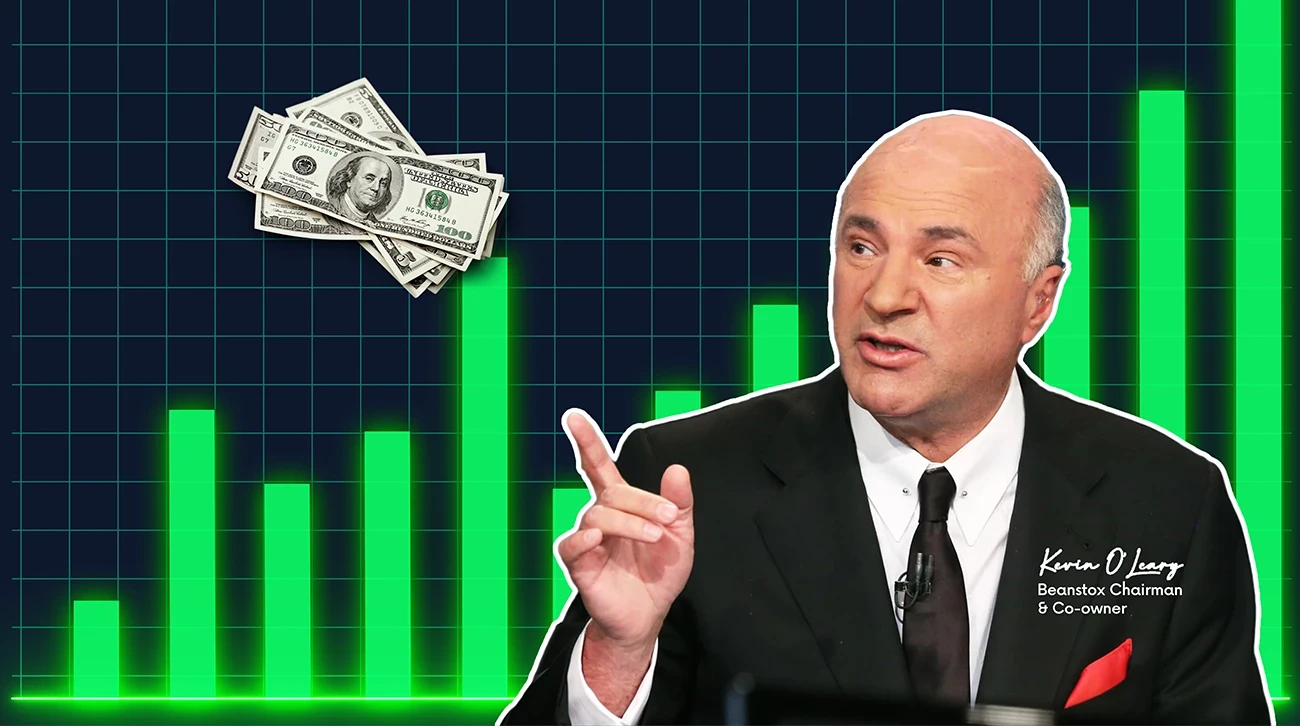The 3 Types of Savings Accounts and How They Work
Was your New Year’s resolution to get your finances in order and save more money? If so, you’re in good company. Getting in better financial shape is one of the most common resolutions heading into the new year, and there’s no time like the present to get started with healthy financial habits to set yourself up for success. If you’re working on your finances, saving money is an important first step. Choosing the right savings to account for your situation can make the process that much easier.
Was your New Year’s resolution to get your finances in order and save more money? If so, you’re in good company. Getting in better financial shape is one of the most common resolutions heading into the new year, and there’s no time like the present to get started with healthy financial habits to set yourself up for success. If you’re working on your finances, saving money is an important first step. Choosing the right savings to account for your situation can make the process that much easier.
Why Saving Dollars Makes Sense
According to the Federal Reserve, 37% of Americans don’t have enough savings to cover an unexpected expense of $400. If you already have that much saved up, you’re ahead of the game! If you’re still working on it, you’re definitely not alone.
Saving money is one of the cornerstones of financial health and wellness. Having a hefty savings account balance can help you weather economic uncertainty, afford milestone purchases, and provide a cushion in case of unexpected accidents and expenses.
Types of Savings Accounts
If you already have cash saved in your checking account and are wondering where to store it, there are several options to consider. Savings accounts have different benefits and drawbacks depending on your specific situation, including when you’ll need the money and what you’re saving for.
Standard savings account
A standard savings account is one of the most common places for individuals to store extra cash. Savings accounts are available at most banks and credit unions and often have minimal fees and costs associated with them, but you have to maintain a minimum balance. Savings accounts are great places to store three to six months’ worth of emergency expenses, as well as any cash you might need for unexpected costs. Savings accounts typically earn a minimal amount of interest, although some high yield savings accounts have more competitive rates.
Certificate of Deposit (CD)
Grow your money without the risk by using a Certificate of Deposit (CD). CDs are savings accounts in which you invest a certain amount of money for a specific period, such as six months or two years. During this time, you won’t be able to access this money without taking a penalty. After the term limit ends, you can redeem your CD for the original amount plus interest.
CDs are a great option for medium-term expenses like the down payment for a house, a new car, or another significant purchase you know is on the horizon. CD interest rates vary, but most currently have a modest return rate of about 0.5-0.8%. CDs aren’t a great option for safety nets or emergency funds, but they are more lucrative than traditional savings accounts. That said, they’re a great choice for medium-term savings if you want to earn a little extra interest.
Money Market Accounts
Money market accounts are another great savings option if you’ve already established an emergency fund and want to earn more interest on your savings. Sometimes called money market deposit accounts or money market savings accounts, these accounts are offered by many banks and credit unions and earn interest over time. Rates are typically higher than a standard savings account, but there are limits on how many times you can withdraw money per month. Some banks also require a minimum deposit to open a money market account.
Seriously Simple Saving
Building wealth is a never-ending task. Now that you have the tools to save effectively, you can take the next step toward growing your overall wealth. Traditional savings accounts, CDs, and money market accounts are all low-risk ways to save money and earn a modest amount of interest. If you’re looking to grow your wealth, you’re probably interested in a higher rate of return than that offered by traditional savings accounts. Once you’ve built up a decent savings balance, you should consider investing your money to earn more income. Investing involves a greater degree of risk than traditional savings accounts, but it’s also a great way to make your money work for you in the long run!
Get Started With Beanstox
Set yourself up for a better future, with the freedom and security that come from having a growing portfolio. Download Beanstox and set up your automated recurring deposits today!




